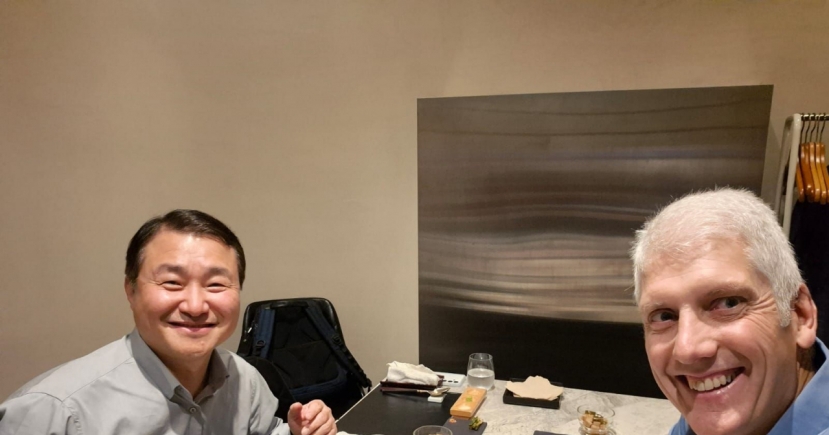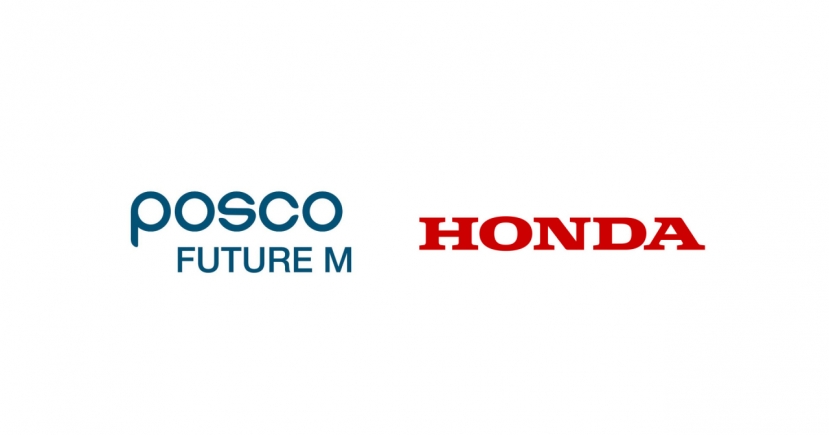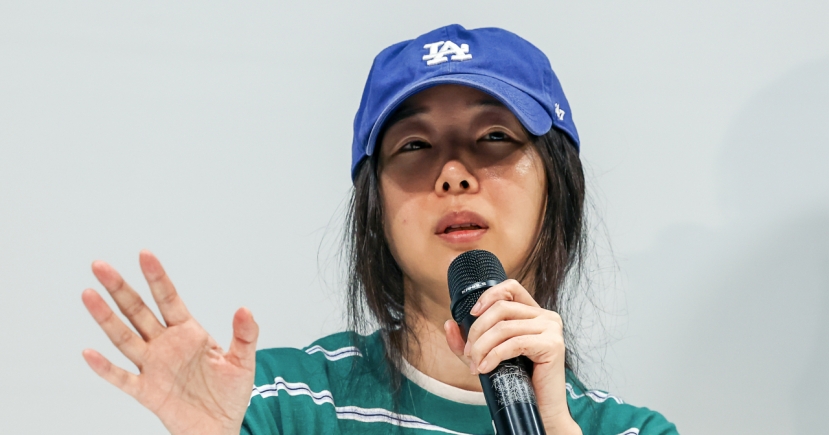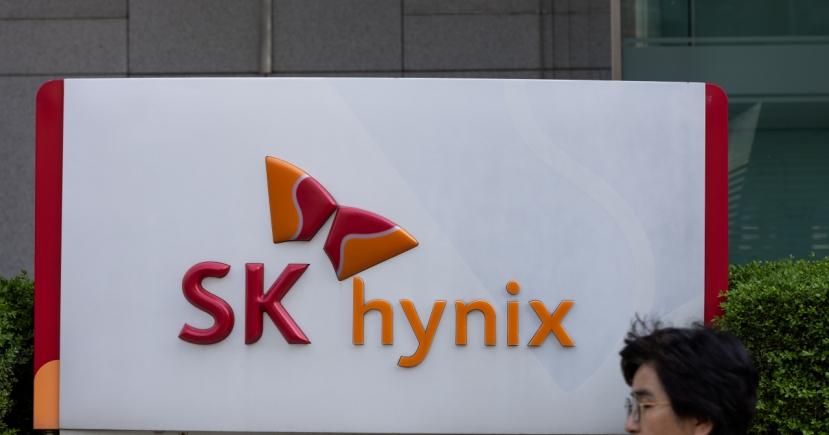Market Now
Merck’s Keytruda tops drug sales in Korea
 |
Merck’s immuno-oncology drug Keytruda (MSD Korea) |
Merck’s immuno-oncology drug Keytruda, one of the best-selling drugs in the world, topped drug sales in Korea for the second consecutive year in 2023, according to market tracker IQVIA on Tuesday.
Keytruda’s sales in Korea came to some 399 billion won ($300 million) in 2023, up 159 billion won from the previous year, while global sales of Keytruda hit $25 billion, making it the top-selling drug worldwide.
“Keytruda’s success in the country came as the drug can be prescribed to a wide range of patients with solid tumors,” an industry source said.
Sales of Keytruda may increase further if the government decides to approve Keytruda’s other indications. According to the US Food and Drug Administration (FDA), Keytruda has 38 indications in 18 cancers. But, in Korea, since its launch in 2015, Keytruda has been approved for 24 indications in 16 cancers, including lung, esophageal, head and neck, Hodgkin's lymphoma, urothelial carcinoma, endometrial and triple-negative breast cancer.
Keytruda sales could also jump when the government accepts Merck’s request to expand treatment insurance coverage. In Korea, Keytruda is covered for seven indications in four cancers.
As Keytruda’s sales expand both here and abroad, local companies, including Samsung Bioepis, Chong Kun Dang and Celltrion, are taking steps to introduce their own Keytruda biosimilars.
Samsung Bioepis announced last week that the company started a phase 1 clinical study of its biosimilar candidate SB27 in four countries, including Korea. The clinical study, involving 135 patients, will compare the pharmacokinetics, efficacy and safety of SB27 with Keytruda.
Celltrion is developing a Keytruda biosimilar in subcutaneous formulation, to be launched by 2029, according to the company.
Chong Kun Dang last year signed a license agreement with a Singaporean company Favorex to acquire sales rights of a biosimilar candidate of Keytruda in South Korea.
Meanwhile, Keytruda's domestic sales were followed by those of Prolia (denosumab), a prescription medicine used to treat bone loss in men. Prolia posted 247.7 billion won of revenue in Korea last year, up 35.4 billion won, according to IQVIA’s data.
Sales of Dupixent (dupilumab) came next with 140 billion won of sales, the data added.
By Shim Woo-hyun (ws@heraldcorp.com)








